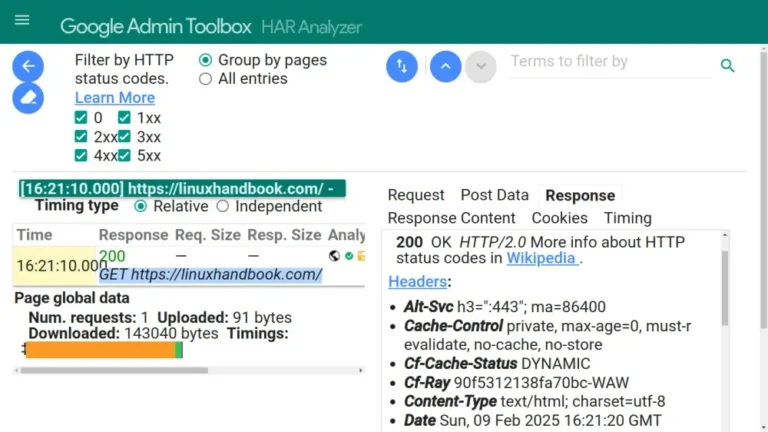
Do you want to create a Shell script in your Linux system?
This guide will take you through how to create a shell script using multiple text editors, how to add comments, and how to use Shell variables.
But before heading over to creating a shell script, let’s understand what Shell scripting in Linux is.
What is Shell Scripting in Linux?
So, what’s Shell scripting?
Shell Scripting is defined as an open-source program that’s run by Linux or Unix shell. Through shell scripting, you can write commands to be executed by the shell.
Lengthy and repetitive commands are usually combined into a simple command script. You can store this script and execute it whenever needed.
Shell scripting in Linux makes programming effortless.
Ways of Creating a Simple Shell Script in Linux
Creating a simple shell script in Linux is very easy. You can do that using multiple text editors. This tutorial will show how to create a shell script with two different methods, such as 1) using the default text editor, and 2) Using the Vim text editor tool.
Method 1: Using the Default Text Editor
To create a shell script using the default text editor, just follow the steps given below.
Step 1: Create a text file having a “.sh” extension. Then type a simple script.

Step 2: Now don’t change the directory. And open the terminal. Using the command below, give executable access to the file created.
chmod +x testing.sh
Step 3: Execute the below-given script in the terminal:
./testing.sh
This was a simple technique of creating a shell script in Linux using the default editor. Now, let’s look at the next method.
Method 2: Using the Vim Text Editor Tool
Vim text editor tool is a tool that helps create a shell script in a Linux system. In case you don’t have it already installed, use the command to install Vim:
sudo apt install vim
Now follow the steps for creating a shell script using the tool.
Step 1: For opening the editor, simply type:
vim
Step 2: Once you’re in, open the terminal. Then create a bash file via:
vi testing.sh
After the execution of the command, the editor will appear as below.

